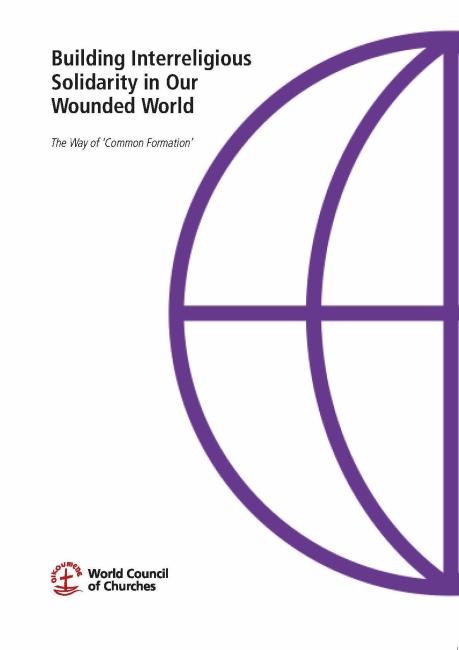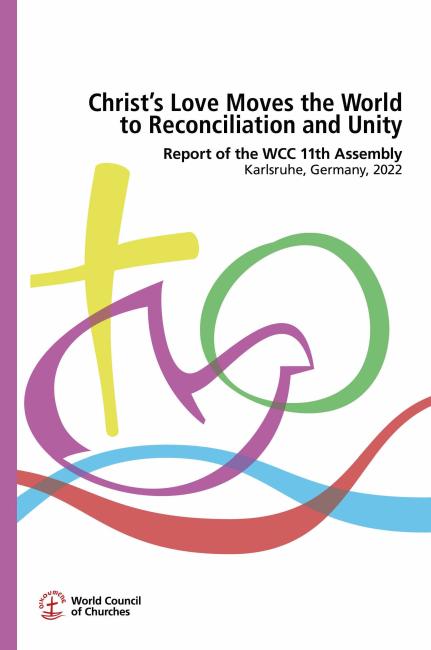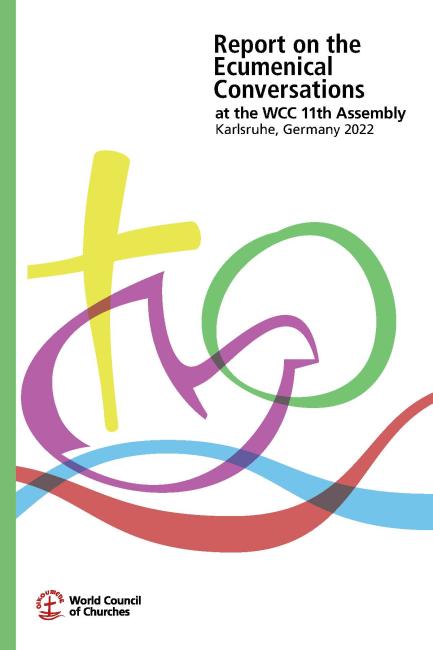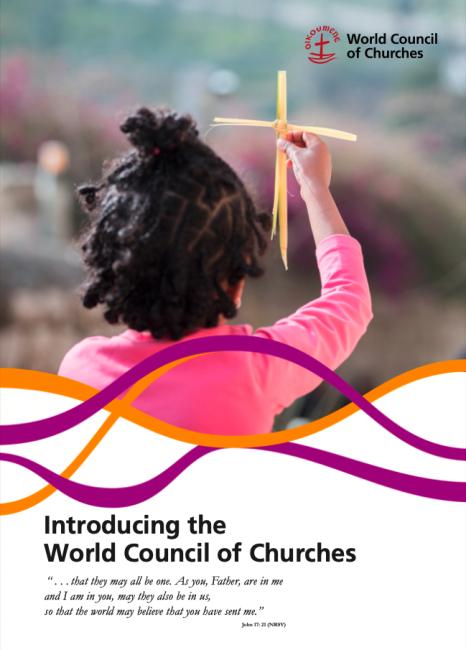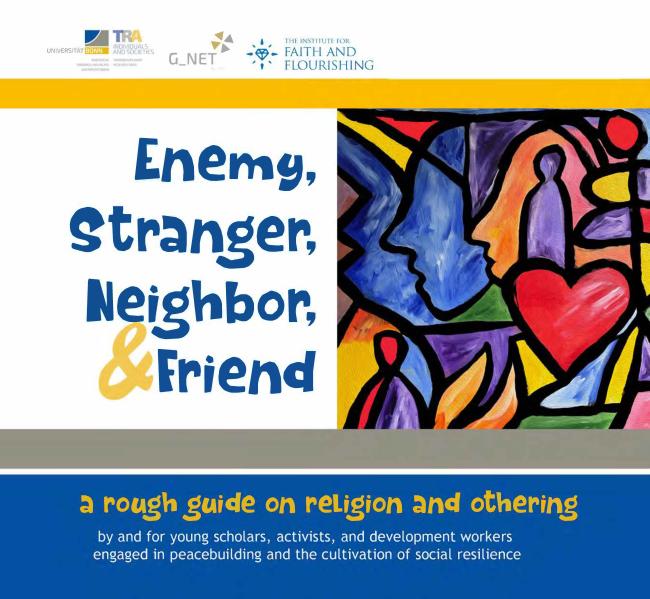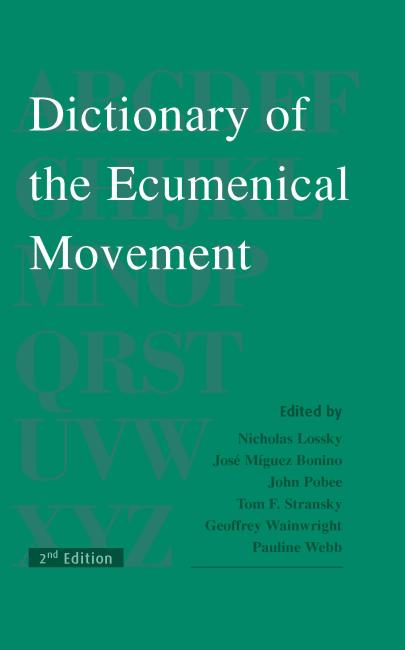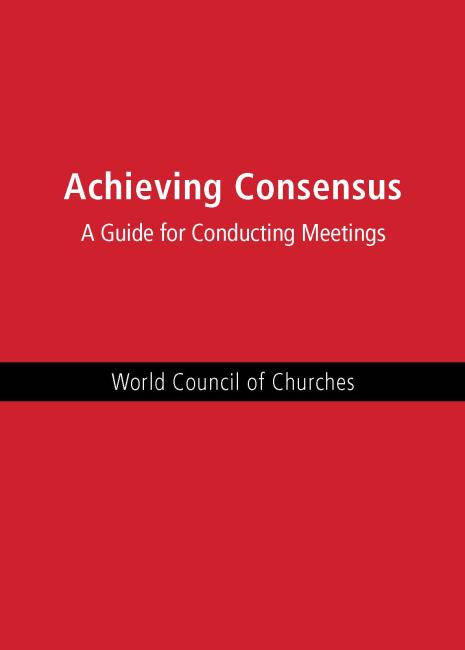Displaying 21 - 40 of 284
Prayer for Ukraine by bishop Rosemarie Wenner
15 May 2023
Introducing the World Council of Churches
21 April 2023
The Future of Mission Cooperation
The Living Legacy of the International Missionary Council
24 March 2023
HIV and AIDS Civil Society Networks and the Faith Sector
Lessons Learnt from Strategic Engagement in India, Dominican Republic, Indonesia, and Jamaica
31 January 2023
As Bethlehem prepares for Christmas, ‘it’s all about community’
08 December 2022
Dictionary of the Ecumenical Movement (2nd Edition)
28 November 2022
Towards a Global Vision of the Church Volume I
Explorations on Global Christianity and Ecclesiology, Faith and Order Paper 234
14 November 2022
Simone de Giuseppe: “I’m still working for ecumenism in Italy”
16 September 2022
Hospitality and encounter: The rich welcome of German churches
15 September 2022
Christ’s Love (Re)moves Borders – GETI 2022 in images
13 September 2022
